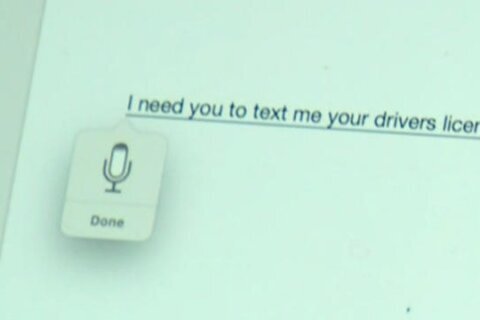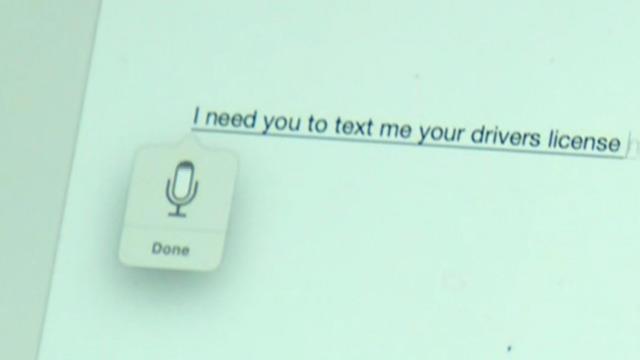
Phone scams are nothing new, but thanks to artificial intelligence, they are getting more sophisticated and believable.
Jennifer Destefano will never forget the frantic call supposedly from her 15-year-old daughter, Brianna.
“She goes, ‘Mom, these bad men have me, Help me, help me, help me,” Destefano said. “And this man gets on very aggressive, ‘Listen here, I have your daughter.’ And then that’s when I went into panic mode.”
That man demanded $1 million.
“I said that wasn’t possible, so then he came up with $50,000,” Destefano said.
She never paid the money, and would soon learn the call was a popular AI scam, where people use new software to recreate the voices of loved ones in distress. Scammers then ask for large sums of money.
“A voice is like a fingerprint. So that’s that unique fingerprint that’s being exploited and weaponized,” Destefano said. “It has to stop.”
Americans lost nearly $9 billion to fraud last year alone, up more than 150% in just two years, according to the Federal Trade Commission.
“Younger people experience fraud and fraud losses more often than older people,” said Kathy Stokes, AARP director of fraud prevention. “But, it’s that older adult who has so much to lose.”
Check Point Software cyber security expert Pete Nicoletti created CBS News’ Carter Evans’ voice from old news reports that can be found online.
“Hey, this is Carter. I need your credit card number right now,” the recreated voice said — something Evans himself never said.
The fake Evans voice was tested on his own mother.
“Hey, I’m about to do an interview, but I have a quick question: I need you to text me your driver’s license number as soon as you can,” Evans’ AI-generated voice said over the phone.
His mother fell for it. The real Evans called her up afterward to explain. She said the accuracy of the fake voice was “scary.”
“We live in a post-real society,” Nicoletti said. “You can’t trust the voice. You can’t trust the photo and you can’t trust the video anymore.”








